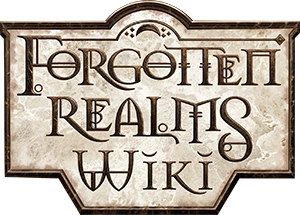Ok, bit of context here. In another thread:
Anyone here met any cataclysm wall of the faithless defenders I posted this:
to which I got this reply:
Which brings me around to the basic question: If you, the player, isn't engaged by the premise of the campaign, why are you still playing in that campaign? To me, this is one of the most frustrating parts of being a DM. You pitch a concept, the concept gets okay'd by the group who agrees to play in the campaign, you do the work preparing and whatnot, and then you have a player or players who insist on doing the exact opposite thing.
One example from a few years ago, I pitched a low magic campaign where none of the PC's were casters. The first three character concepts to cross my desk were all full casters.

"Oh, I'm the exception!" was the refrain.
My point is, if you agreed to play the game that the group agreed to play, isn't there some onus on the player to get with the program and not deliberately set out to sabotage the game? Am I totally wrong here? What should the DM do in these cases?
As an aside, on a purely personal note, if a player came to me, and actually was up front enough to say, "Yeah, sorry, no thanks", I'd probably change my campaign to accomodate that player, since any player like that has my complete respect. But, players who aren't bought in, or are at best only tenuously bought into a game, but, continue to show up, and do nothing but try to short circuit the campaign are, IMO, some of the worst players to deal with. If you don't want to play in the campaign, that's fantastic. I have no problems with that. There are thousands of other games out there, and, well, maybe next time around.
I just cannot fathom a player who would deliberately go into a campaign, knowingly playing a character that is 100% opposite to what the group agrees to play. It's the tavern owner PC in the travel campaign. Or the evil character in the heroic group. I don't really see the difference.


 "Oh, I'm the exception!" was the refrain.
"Oh, I'm the exception!" was the refrain.
